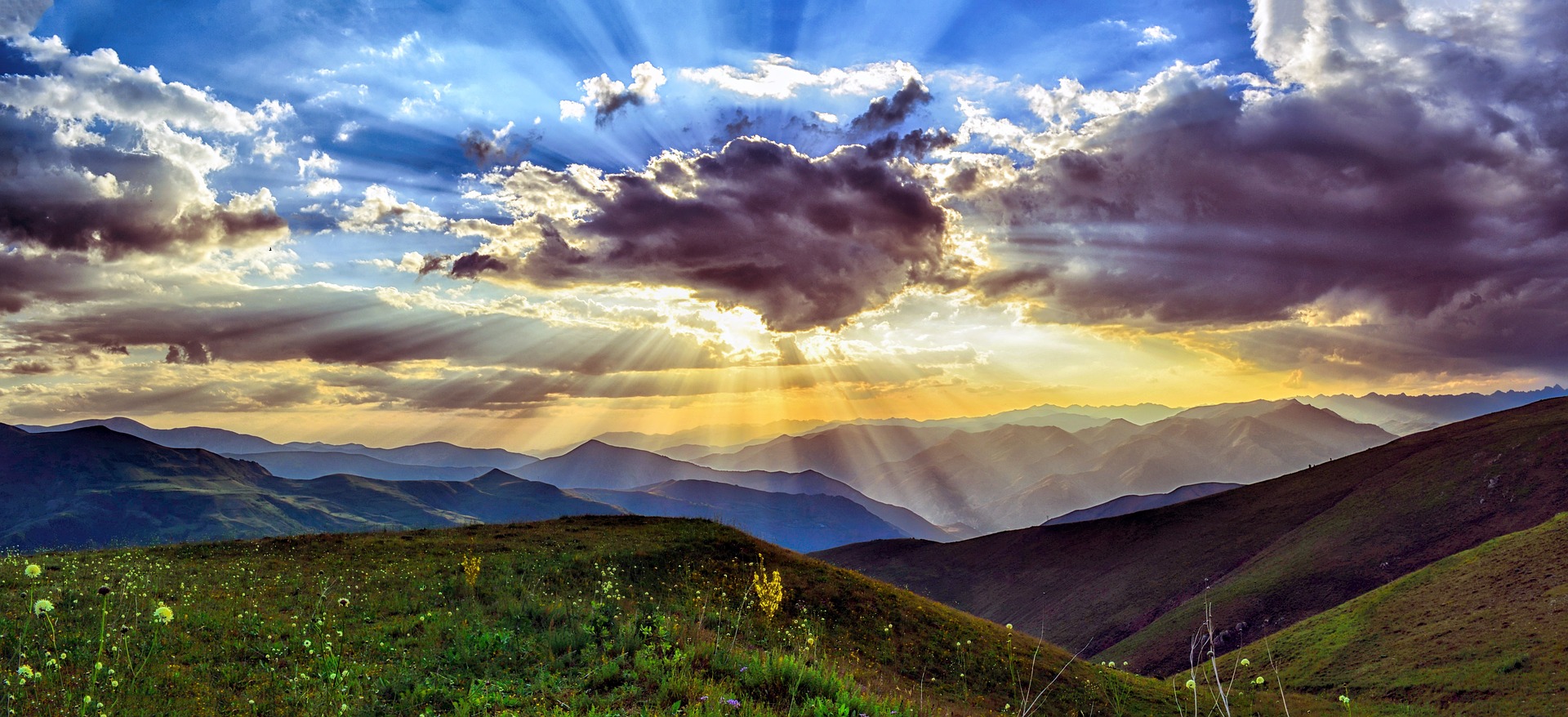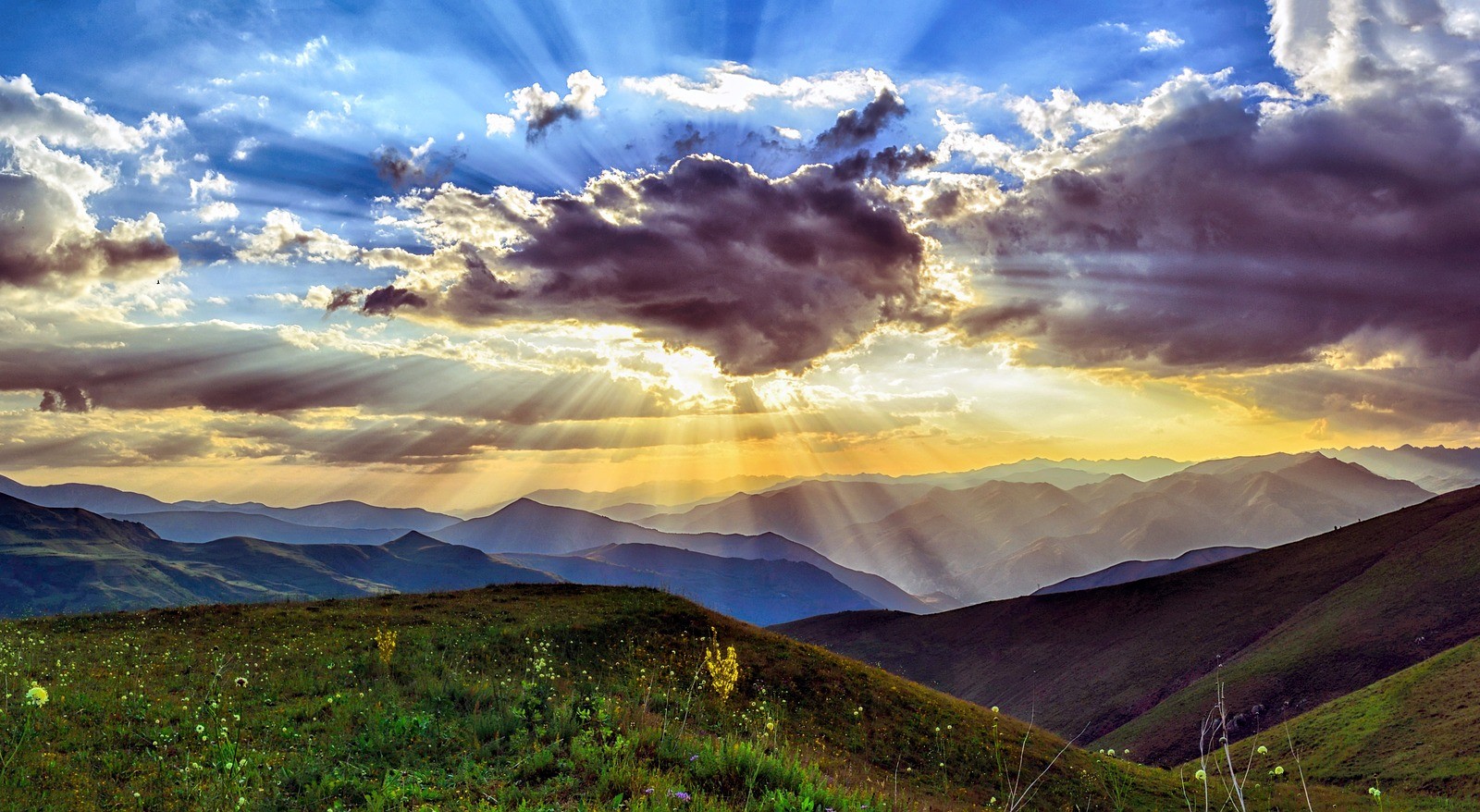
? Hi! My full name is David Yichen Hu, and I want to share the story of who I am.
Who am I?
Yes, Hu am I.
胡 am I.
I was born 胡翌晨 (Hu Yi-Chen), in Beijing, China.
I moved to Canada when I was 7, with my mom. There I proceeded to learn and assimilate everything I could about Western culture, and to forget everything I could about Chinese culture.
I wanted to belong in my new environment. I wanted to be accepted by my new peers. I wanted to learn what is “cool” in the West, and everything about who I was or where I came from became uncool.
Fast forward 20-ish years. I’m working in San Francisco, California. In Silicon Valley, for Google, for ed-tech non-profit Khan Academy, and a whole host of other startups.
I quit my job in 2017 to discover who I am and what the world is like, outside the confines of my corporate life and the privileged tech bubble I was in.
My friend Allen whom I met at an event in 2015 invites me to co-teach a summer camp in China for kids and young adults about life skills, entrepreneurship, and philosophy. I was an immediate yes. I taught about overcoming fears, rejection therapy, empathy, creativity, and habits.
There, I had the time of my life. I made friends and had a whole new family — of Chinese brothers and sisters, of whom I had formerly disowned. I felt such a sense of belonging, appreciation, respect, and being wanted. I felt so fulfilled as I created spaces where people could open up — sometimes for the first time in their lives — and pour out their hopes, dreams, aspirations, and childhood formative experiences.
From there, I travelled SE Asia — southern China, Vietnam, Thailand, Bali, Japan. I returned to China two months later to visit some summer camp friends, who were going to school now in Guangzhou.
I made a side-trip to nearby Shenzhen. I asked a former housemate for an introduction to one of his meditation students there, and very quickly formed another family of like-minded people. They were also exploring getting to know themselves. They were — we are — misfits, deviants from the path society tells us to walk. We take time off work, we explore non-traditional careers, we make art. We dance in parks, we practice traditional arts, we engage in psycho-spiritual healing, and we learn from each other. We break the mold and challenge the status quo.
I fell in love with my childhood culture. But these weren’t just traditional Chinese — they were exploring the forefront of new culture and thought from the West. They were a blend of East and West.
And with it comes unique challenges. I quite often don’t feel like I fit in anywhere. I am a hippie among techies, a computer nerd amongst dancers, an Asian amongst Westerners, a whitewashed “banana” (yellow on the outside, white on the inside) amongst Chinese.
Who am I?
I’m going to go back to my name that I was first given at birth.
My Dad named me. He’s a poetic man — doesn’t express his feelings directly, but with double entendres.
The name 胡翌晨, pronounced “HOO YEE CHEN”, has three meanings.
The first means “second day’s morning” (翌晨). You see, my Dad was in America when I was born at 9 am in Beijing. It was his first business trip, and not a decision to be taken lightly — to not be present with my mom at my birth. For him, at the time, his career was just beginning, and he made a joint decision with my mom to nurture its fledgling start.
So he chose to honour his deliberate absence by putting it into my name. Because of the time zone difference, for him in America, it was the next day’s morning in Beijing when I was born.
Secondly, he also wanted to honour my mom and her bloodline. In China, the male son carries the family name. Since my mom’s parents only had two daughters, their name would not be passed on. So the 晨 (Chen) in my name is actually my mom’s family name, and 翌 (Yi) also means “also”. So my name also means “also 晨 (Chen)”, or “also Mom.”
Finally, 翌晨 (Yi-Chen) has the same sound in Chinese as “second day’s dawn.” The morning is symbolic of newness, freshness, potential, and possibility. The day is just starting, so there is a blank slate upon which anything can be drawn.
The second day’s morning symbolizes a fresh reset — all of today’s worries, troubles, etc. can be put behind, moved on from, as we embark on the next day. The next day hasn’t happened yet, so it’s fresh with potential, possibility, new paths, and new hope.
Thus 翌晨 also means “a new hope.”
So that’s the third meaning. But actually, there’s a fourth too, which I am adding.
In traditional Chinese cultures, parents don’t say “I love you.” They express it through providing for your physical needs — making sure you’re well-fed and warmly dressed.
The words “I love you” can also be problematic. They mean different things to different people. Depending on the context, it can mean anything from “I need you” to “I care about you” to “I’m with you” to “I see you.”
While I’m particularly fond of the latter interpretation, we won’t go into it today. For today, I want to focus on the interpretation “I’m with you,” “I’m here.”
Every time I write the words 胡翌晨, I’m reminded again of my father’s absence, but also his desire to be present. It was a conscious decision, and the absence was not to be taken lightly. It was of such import that he embedded it into my name. And so it’s almost like saying, “Even though I’m not physically with you in this time, you are in my heart and mind. I am thinking of you, and I have every intention to be there with you, and to provide for you.”
During those days, emerging from the Cultural Revolution, people remembered when people literally starved to death. This scarcity was so imprinted into people’s psyches, that my Dad felt like he had to tend to his career, in order to ensure his family could be well-fed and provided for. Regardless of how true or dire it actually was — how much not going on that business trip would actually negatively impact his career — is not something I can know for sure. But what I do know is how they felt and how the world seemed to them at the time — which was dire and scarce.
And so in this way, every time I write my name, I’m reminded of the intentional choice that my family made at that time — breaking traditional values, which my Dad is still ashamed of to this day.
But when I understand where my Dad is coming from, I see that he has every intention of being there for me, on a practical, physical, and survival level — even if he was not symbolically, ceremonially present with me at my physical birth.
And so in this way, it’s like my Dad chose to remind me that he’s here with me, by putting it into my name, so that every time I write it, I’m reminded,
“I’m with you.”
And that is how a traditional Asian man says to his son, “I love you.”
I love you too, Dad. And I aspire to be that new hope that you intentioned for me through my name. And to also carry on my mom’s side of the family with honour.
So, from a purely etymological view, which come from the intentions of my parents, who I am is the second day’s dawn. A blank canvas of unbounded potential. New hope.
And with my experiences thus far in life, straddling different cultures, people, and experiences, I’d like to bring humanity together, through uniting the East and the West, the rational and the artistic, the spiritual and the scientific, business and philosophy. And help us move forward, as one whole, to the worlds of our imaginations, and beyond.
So who am I?
I say I am —
A bridge.
A bridge, to new worlds.
Originally published on davidhu.substack.com.


